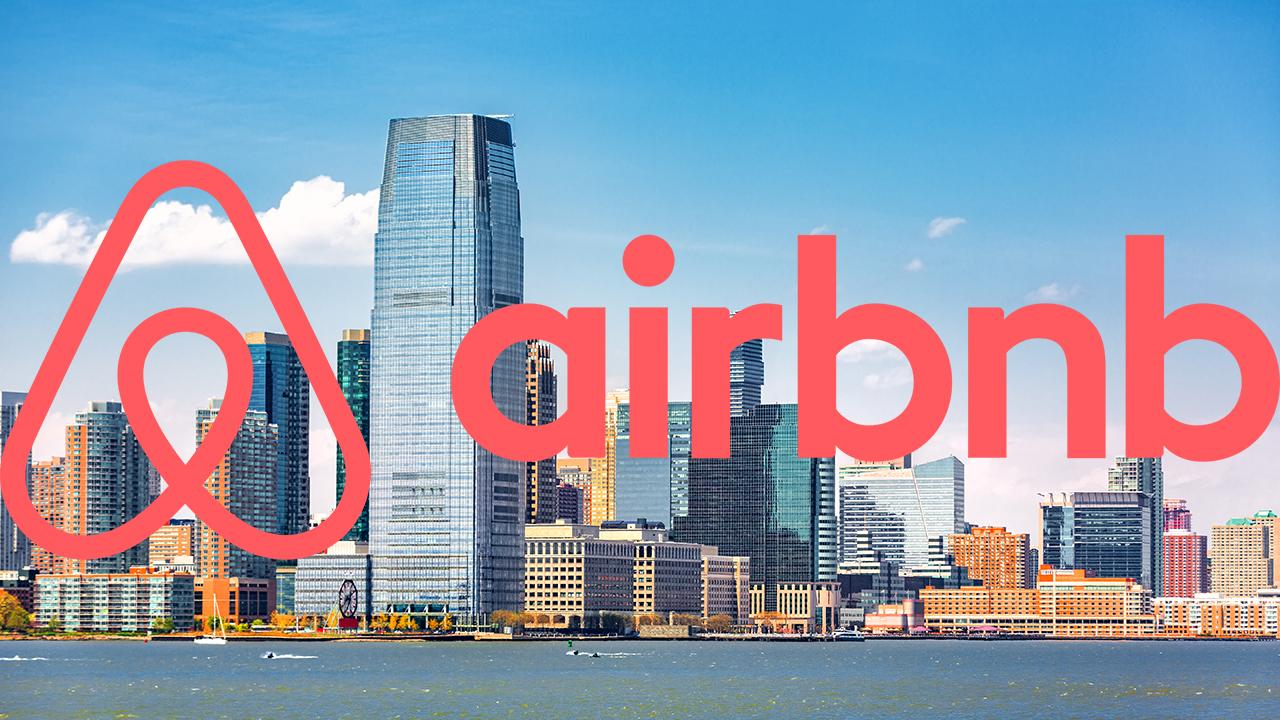Albertsons prepares for an IPO, again
Albertsons Cos. is preparing to go public again, said people familiar with the matter, as the grocery giant's backers look to tap into a strong stock market to cash out of an investment that dates back nearly 15 years.
The company, which also owns the Safeway and Jewel-Osco chains, expects to decide in coming weeks whether to proceed with an initial public offering that could value it around $19 billion, one of the people said. Albertsons has been updating IPO documents that have been filed confidentially with the Securities and Exchange Commission, the people said.
GET FOX BUSINESS ON THE GO BY CLICKING HERE
An IPO of Albertsons, which had about $61 billion in sales for the year ended Feb. 2019, would be one of the biggest tests of the IPO market this year. It would pave the road of an exit for private-equity investor Cerberus Capital Management LP, which cobbled together the company through a series of deals dating back to 2006. Cerberus is resurrecting IPO discussions in hopes of capitalizing on the grocer's improved performance, strong markets and positive economic indicators, one of the people said.
The grocery chain has substantially reduced debt since it last filed paperwork for an IPO in 2015. It ended November with about $8.34 billion in net debt excluding operating leases, down from $10.52 billion a year earlier.
ONLINE MATTRESS RETAILER CASPER SLEEP FILES FOR US IPO
The Boise, Idaho-based company posted a 2.7% increase in same-store sales when it reported third-quarter earnings last week. The operator of 2,260 stores has been remodeling its locations, investing in technology and selling real estate, outpacing its bigger rival Kroger Co. in growth.
A debate has been under way inside Cerberus and Albertsons over whether it makes more sense to go public now or to continue improving Albertsons and hopefully fetch a higher price down the road, the people said. Kroger, which had $121 billion in revenue last year, currently sports a market valuation of $23 billion.
Multiples in the grocery sector have fallen amid competition from Amazon.com Inc. and Walmart Inc.'s push into grocery delivery, though Cerberus believes Albertsons' improved profile should outweigh that decline, one of the people familiar with the matter said. A decision is expected in the coming weeks, this person said.
ENDEAVOR BUYS NFL'S ON LOCATION EXPERIENCE AFTER STALLED IPO
Although the U.S. stock markets have been hitting new highs, disappointing debuts by several high-profile technology companies have cast a chill over the IPO market in recent months. Albertsons, however, is an established, slow growing business unlike unprofitable tech companies such as Uber Technologies Inc. and WeWork parent We Co. that have spooked investors.
Cerberus led an investor group that bought about 650 Albertsons stores in 2006 in a broader breakup of the chain. In 2013, Cerberus bought back another 900 Albertsons stores. It then struck a 2015 merger with Safeway Inc. to create the second-largest grocery chain by revenue behind Kroger. The company now operates in 34 states and employs about 270,000 people.
CLICK HERE TO READ MORE ON FOX BUSINESS
Soon after the Safeway merger, the investors tried to take the company public, looking to raise as much as $1.6 billion in an IPO, but then pulled the offering amid lackluster market conditions for retail stocks in late 2015.
In that offering, Albertsons had planned to sell about 65 million shares between $23 and $26 a share.
In 2018, Albertsons struck a deal to go public by acquiring the bulk of drugstore chain Rite Aid Corp. in a $24 billion merger. But the companies abandoned the transaction later that year amid investor pushback. Rite Aid would have owned about 30% of the combined company.
The conventional supermarket industry has been struggling as chains wrestle with tepid growth of traditional packaged foods and competition from discounters such as Aldi and Walmart as well as upscale brands such as Amazon's Whole Foods chain. They have also spent heavily in recent years to ramp up online-ordering and delivery services as consumer habits shift.




















